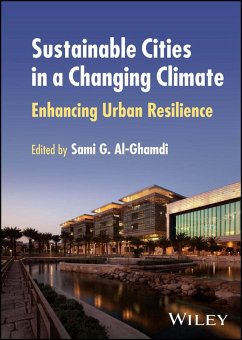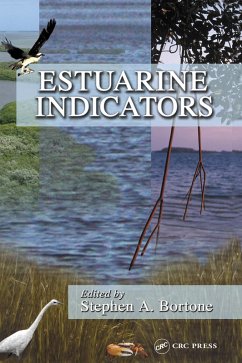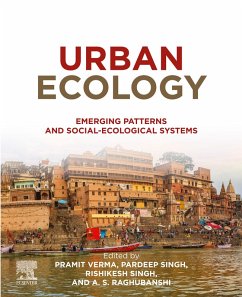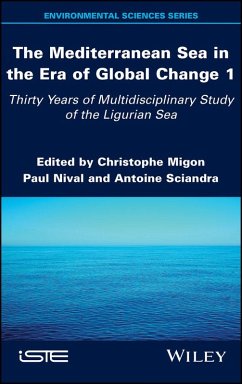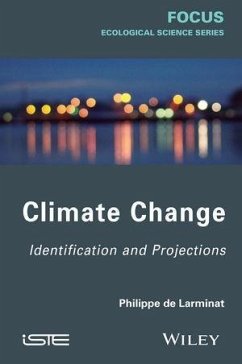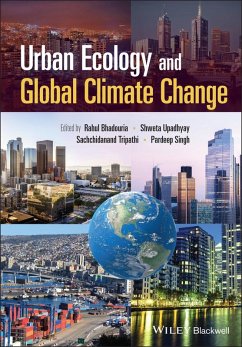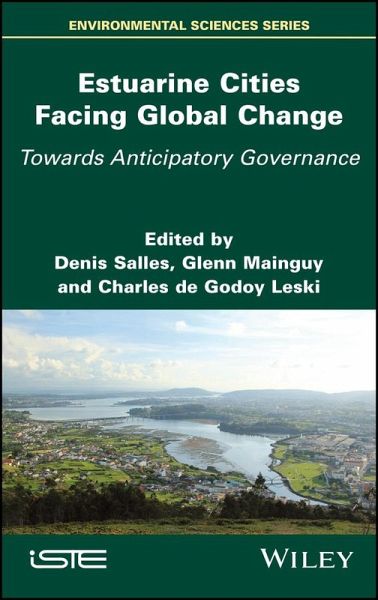
Estuarine Cities Facing Global Change (eBook, ePUB)
Towards Anticipatory Governance
Redaktion: Salles, Denis; de Godoy Leski, Charles; Mainguy, Glenn
Versandkostenfrei!
Sofort per Download lieferbar
142,99 €
inkl. MwSt.
Weitere Ausgaben:

PAYBACK Punkte
0 °P sammeln!
At the heart of the globalization of trade and of economies, estuarine cities are at the forefront of accelerating global change. They must confront the tensions generated by their demographic and socio-economic attractions and their ecological vulnerability linked to their location in trade flows, downstream of rivers and at the interface between land and sea. Using the examples of the estuarine cities of the Gironde, the Loire and the Seine and their specific challenges, such as climate change, flood risk, biodiversity, port flows and urban planning, this book analyzes their emerging traject...
At the heart of the globalization of trade and of economies, estuarine cities are at the forefront of accelerating global change. They must confront the tensions generated by their demographic and socio-economic attractions and their ecological vulnerability linked to their location in trade flows, downstream of rivers and at the interface between land and sea. Using the examples of the estuarine cities of the Gironde, the Loire and the Seine and their specific challenges, such as climate change, flood risk, biodiversity, port flows and urban planning, this book analyzes their emerging trajectories guided by proactive governance of global change.
Dieser Download kann aus rechtlichen Gründen nur mit Rechnungsadresse in A, B, BG, CY, CZ, D, DK, EW, E, FIN, F, GR, HR, H, IRL, I, LT, L, LR, M, NL, PL, P, R, S, SLO, SK ausgeliefert werden.




